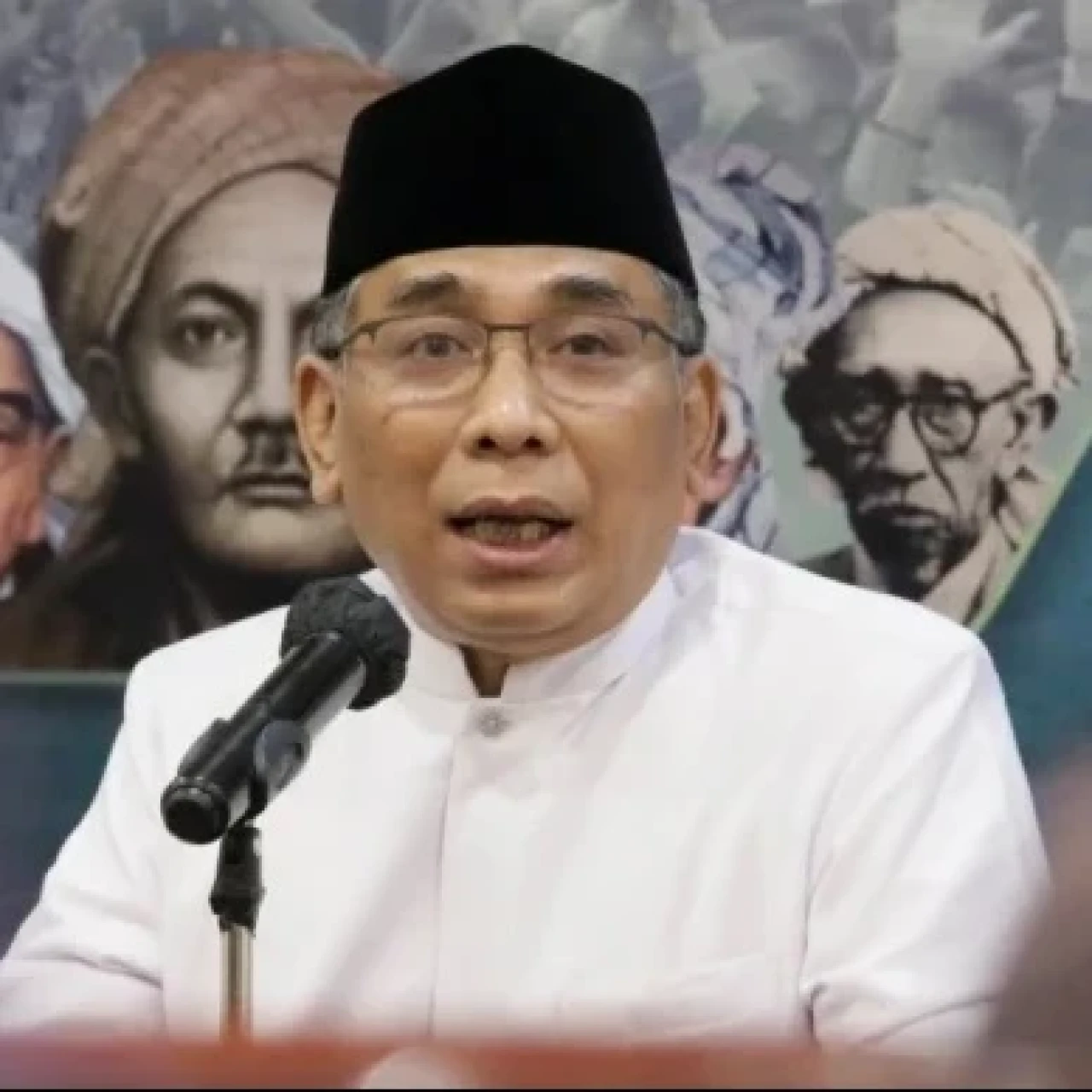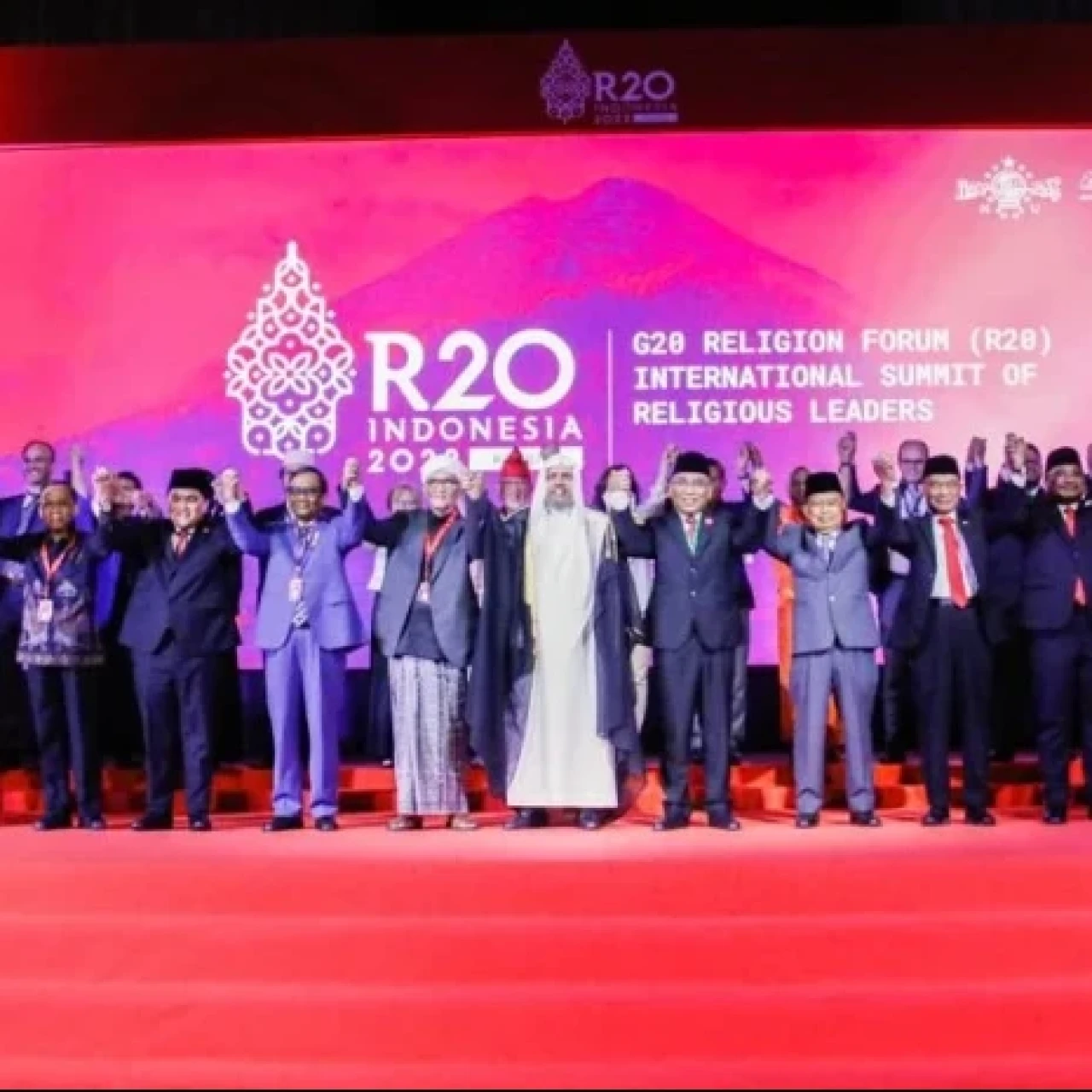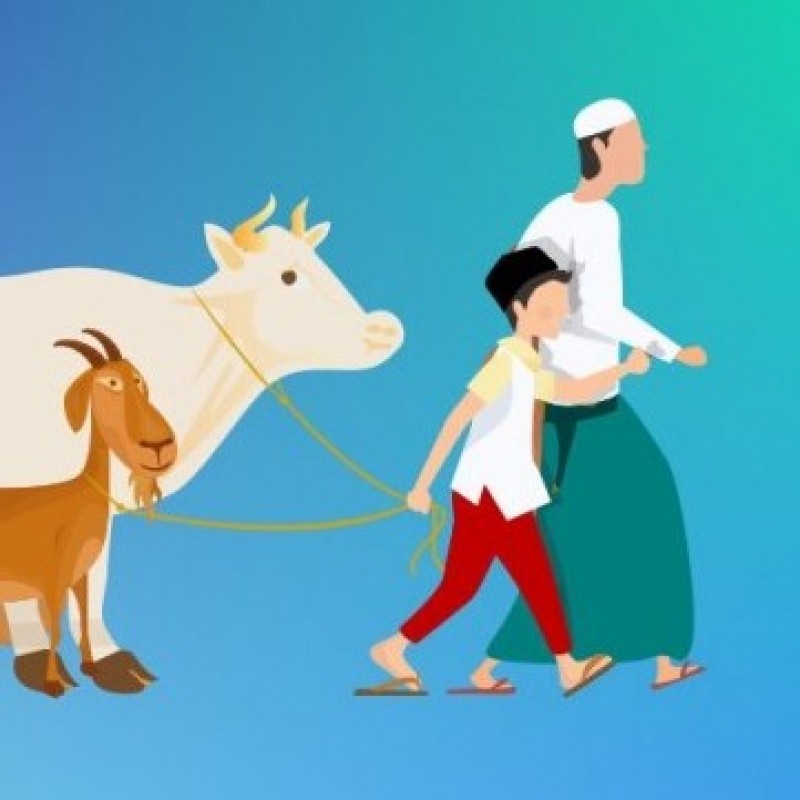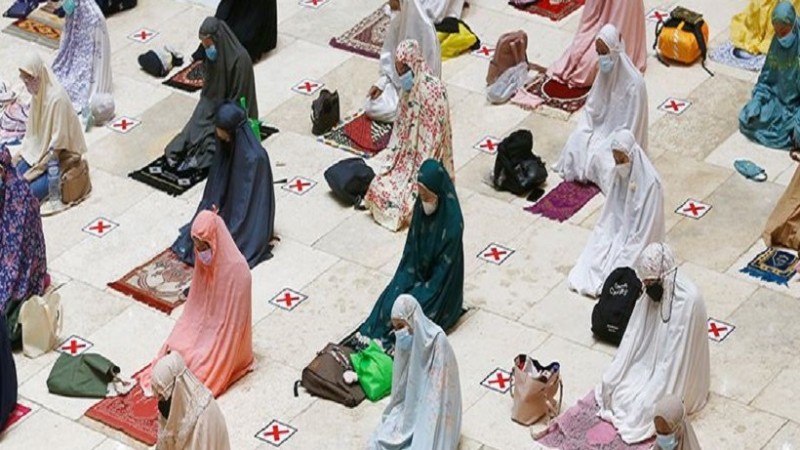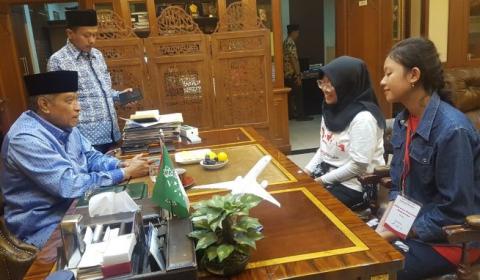A rising tide of Islamism in its myriad forms — which run the gamut from preman berjubah (thugs draped in Arab garb) to social media activists, proselytism movements, educational networks, political parties and even terrorist groups affiliated with al-Qaeda and the Islamic State (IS) group — has been among the most noteworthy phenomena to emerge in the country over the past 20 years.
Individually and collectively, these developments threaten the unity of Indonesia and its people, often in ways more subtle and profound than the bloody conflicts waged in the name of Islam in regions as diverse as Ambon, Poso and Aceh.
And yet, this threat is far from new. Both before and after Indonesia achieved independence, its founding fathers had to grapple with the tension that exists between Islamic orthodoxy and the ideals of the modern nation-state. In June 1945, the members of the Preparatory Committee for Independence (PPKI) reached a temporary consensus with the Jakarta Charter, which subsequently formed the basis for the preamble to the Constitution of Indonesia. It originally included an obligation for Muslims to abide by Islamic law (sharia).
Secular Muslim nationalists, including Sukarno and Muhammad Hatta, persuaded their fellow committee members to delete seven words — “with Muslims required to observe Islamic law” — from the first principle of Pancasila. Hatta argued convincingly that Hindu- and Christian-dominated regions of the East Indies would refuse to join the Republic of Indonesia if its Constitution were to contain the seeds of an Islamic state.
Yet, although the committee members unanimously adopted the 1945 Constitution (UUD-45), the tension reflected in their debate over the Jakarta Charter has never been resolved and continues to roil Indonesian society to the present day.
These historical experiences demonstrate that Islamism — especially as a political movement based on religious identity — is indeed a latent, enduring threat to the existence of the Unitary State of the Republic of Indonesia (NKRI) as a multi-faith and pluralistic (Pancasila) nation-state.
Under the Soeharto regime, this threat was repressed continuously and with considerable difficulty, but never completely neutralized. The rising tide of Islamism in post-Soeharto Indonesia may thus be said to constitute a “rebound” of the perennial Islamist aspiration and its accompanying pressure to transform Indonesia from a Pancasila nation-state to an Islamic state.
Social groupings based on religious identity is a natural phenomenon of human civilization. The problem with certain tenets of Islamic orthodoxy lies in the fact that these invariably incarnate as a form of political identity, with a marked tendency to embrace absolutism and a hidden or explicit agenda of dominating the existing political order, whatever that may happen to be. Whether this struggle to acquire political supremacy is waged blatantly or covertly is simply a matter of strategy and tactics.
Detailed analysis — including careful study of the historical dimensions of this phenomenon — may be necessary to gain comprehensive understanding of this issue. Yet one thing cannot be denied: the aspiration for Islam to attain political domination is indeed an intrinsic part of orthodox Islamic teachings, if we employ the term “Islamic orthodoxy” to describe “an array of theological doctrines accepted by the majority of Muslims as the most authoritative religious reference standard”.
And how could this not be the case? Islamic orthodoxy includes a remarkably extensive discourse about public law, both civil and criminal, which is generally described as “God’s law” (sharia) — or at least as “the interpretation of God’s law” — which must be implemented in daily life. Obviously, this cannot be achieved without political domination by those who wish to implement sharia, which describes the Islamist agenda precisely.
Soeharto viewed Islamist political pressure as a threat to its own power. Hence, he adopted a strategy of political and military repression, combined with symbolic concessions carefully negotiated in order to pacify the Islamist groups. The products of these negotiations are clearly visible in post-Soeharto Indonesia: the embedding of religious education within the school curriculum; the establishment of the Indonesian Ulemas Council (MUI); the creation of an Islamic judicial system that exercises jurisdiction over marriage, divorce, remarriage and inheritance solely for Muslims; “political donations” offered to compliant Islamic institutions and organizations; the establishment of “sharia-compliant” banks; and the creation and government support of the Association of Indonesian Muslim Intellectuals (ICMI), to name a few.
And yet, like Muhammad Ali of Egypt, Ataturk of Turkey and the Pahlavis of Iran, the Soeharto regime failed to address the problematic tenets within Islamic orthodoxy that underlie and animate the perennial Islamist threat, which can only be done through a process of recontextualizing, or reforming, Islamic orthodoxy itself.
Throughout its history, the Nahdlatul Ulama (NU) has been fortunate to possess leaders who strongly favored the Indonesian nation-state over theocracy and genuinely yearned for the well-being and political success of NKRI. Among the most prominent of these NU leaders were Abdul Wahab Hasbullah and Abdurrahman “Gus Dur” Wahid. Both employed their religious authority as chairmen of the world’s largest Islamic organization to mobilize their followers and maneuver strategically in ways that proved crucial to the survival of the NKRI, Pancasila and the 1945 Constitution in truly desperate times.
During the 1950s and ‘60s, Wahab blocked Masyumi from restoring the Jakarta Charter and transforming Indonesia into an Islamic state, supported Sukarno and the Indonesian military in repressing the Darul Islam and PRRI/Permesta rebellions, and allied with Soeharto to prevent a communist seizure of power, such as that which had already occurred to such devastating effect in Russia, Eastern Europe, Central Asia, China, Korea and Tibet.
During the 1980s and 1990s, Gus Dur mobilized the NU to help ensure Indonesia’s successful transition from authoritarianism to democracy, and thus saved his nation from the fate that engulfed Syria, Yemen and Libya, and destroyed the fragile shoots of democracy in Egypt and Russia.
Wahab and Gus Dur encouraged other NU elites to develop a religious discourse that offered a concrete alternative to the obsolete, problematic tenets of Islamic orthodoxy. This alternative Islamic discourse has strengthened the legitimacy of the NKRI, Pancasila, the 1945 Constitution and Bhinneka Tunggal Ika — Indonesia’s national motto of “Unity in Diversity” — and mobilized the great mass of NU followers at the grassroots level to support this alternative discourse. But the “task” Wahab, Gus Dur and their followers have undertaken is far from complete. As Gus Dur himself remarked, “[We] must maintain a continuous dialogue between Islam and the Constitution.”
There is no license for political and military repression in Indonesia’s post-Soeharto reform era. The unchecked exercise of power is no longer feasible, for dynamic forces have emerged within civil society that constantly monitor government actions. As a result, the government cannot act arbitrarily to restrain Islamists’ political lust — even to defend the NKRI, Pancasila and the Constitution.
As a natural consequence of these democratic and human rights developments, the “dialectical tension” between Islam and the NKRI is now largely governed — and political outcomes determined — by the complex interplay of competing forces within society at large.
Throughout the post-Soeharto era of democratic reform, the NU has adopted a resolute and unequivocal pro-NKRI/UUD-45/Pancasila position in order to thwart efforts to transform Indonesia from a sovereign nation-state — whose constitution and laws are derived from modern political processes — into a theocracy whose rulers share the perennial Islamist aspiration for the dominion of Islam and the establishment of a universal
caliphate.
There can be little doubt that globalization will impact the outcome of this struggle within Indonesia will be impacted by the forces of, which brings people and ideas from the far corners of the earth into daily contact with Indonesian Muslims, for both good and ill.
So long as obsolete, medieval tenets within Islamic orthodoxy remain the dominant source of religious authority throughout the Muslim world, Indonesian Islamists will continue to draw power and sustenance from developments in the world at large. This is especially true so long as key state actors — including Iran, Turkey, Saudi Arabia, Qatar and Pakistan — continue to weaponize problematic tenets of Islamic orthodoxy in pursuit of their respective geopolitical agendas.
These considerations have led key figures within the NU — including Gus Dur in the months and years prior to his death and former NU chairman A. Mustofa Bisri — to conclude that it would be impossible to permanently resolve the tension that is inherent between Islamic orthodoxy and the NKRI/UUD-45, so long as we confine our efforts to the domestic, or purely Indonesian, context of the perennial Islamist threat.
Preserving Indonesia’s unique civilizational heritage — which gave birth to the NKRI as a multi-religious and pluralistic nation-state — requires the successful implementation of a global strategy to develop a new Islamic orthodoxy that reflects the actual circumstances of the modern world in which Muslims must live and practice their faith.
This global effort, already launched by key elements of the NU — including its 5-million-strong youth organization, Gerakan Pemuda Ansor — is not just an inevitable corollary of efforts to defeat Islamist subversion of Indonesia. It is vital to the wellbeing and preservation of virtually every other nation in the world, whose laws are derived from modern political processes and whose people and governments do not wish to be subsumed in a universal Islamic caliphate or exhausted by the struggle to prevent its establishment.
The recontextualization and reform of Islamic orthodoxy is thus crucial to the welfare of Muslims and non-Muslims alike, for it constitutes the one indispensible prerequisite of any rational and humane solution to the multi-dimensional crisis that has plagued the Muslim world for over a century — which not only shows no sign of abating despite an ever-growing toll of human lives and misery, but rather, increasingly threatens to spill over and engulf humanity as a whole.
***
The author is general secretary of the Nahdlatul Ulama Supreme Council and director of religious affairs at Bayt ar-Rahmah li ad-Da‘wah al-Islamiyyah Rahmatan li al-‘Alamin in Winston-Salem, North Carolina, the US. Adopted from The Jakarta Post
Terpopuler
1
Khutbah Jumat: Ramadhan dan Kesempatan yang Tidak Selalu Terulang
2
Innalillah, Ulama Mazhab Syafii asal Suriah Syekh Hasan Hitou Wafat dalam Usia 83 Tahun
3
Khutbah Jumat: Ramadhan, Melatih Sabar, Memperkuat Syukur
4
Kultum Ramadhan: Lebih Baik Sedikit tapi Istiqamah
5
Keluar Mani yang Tidak dan Membatalkan Puasa
6
Khutbah Jumat: Tiga Kebahagiaan Orang Puasa
Terkini
Lihat Semua




